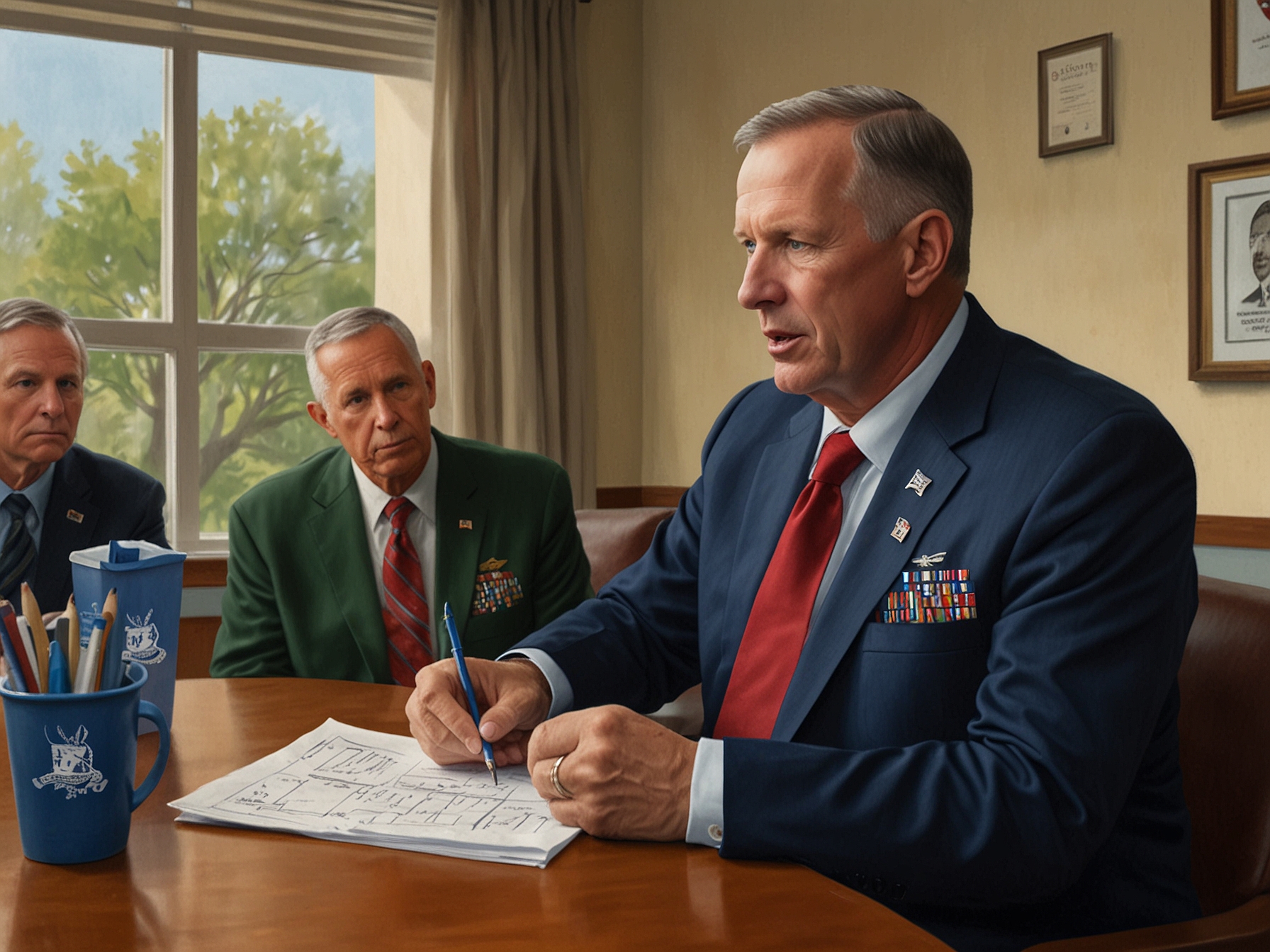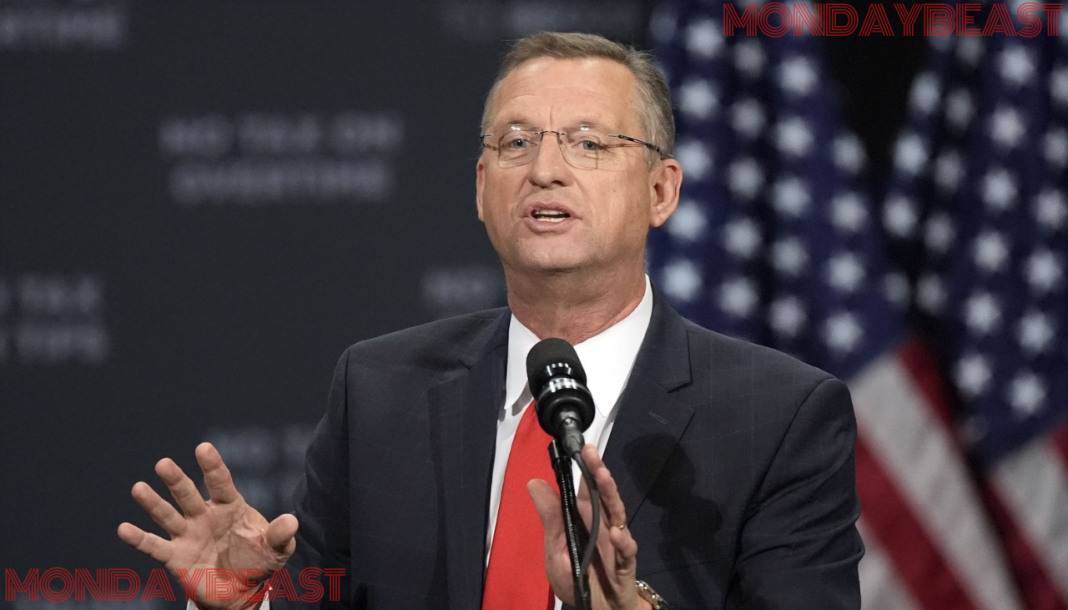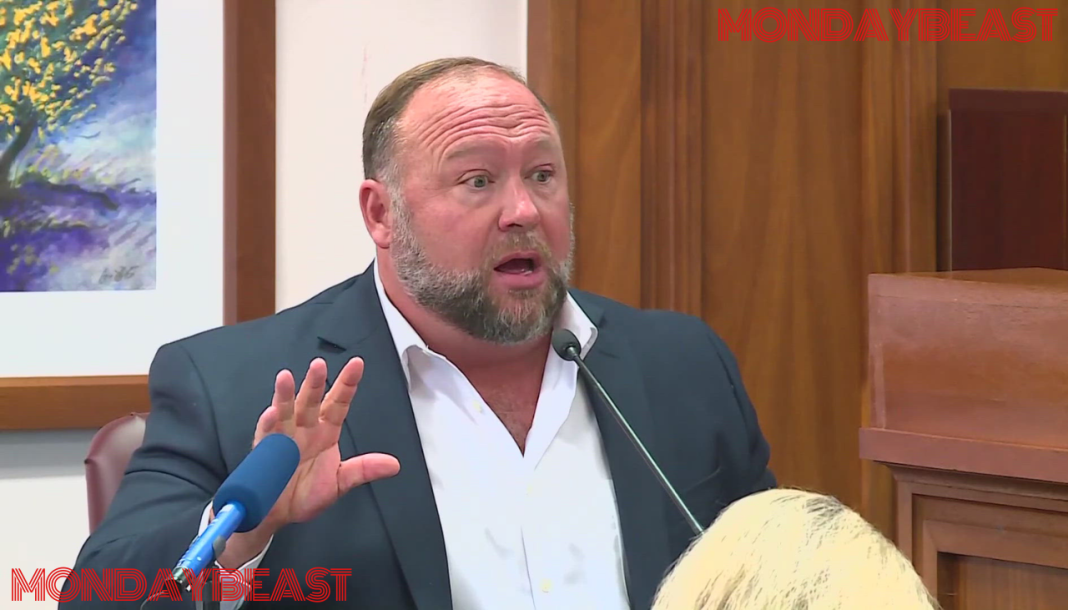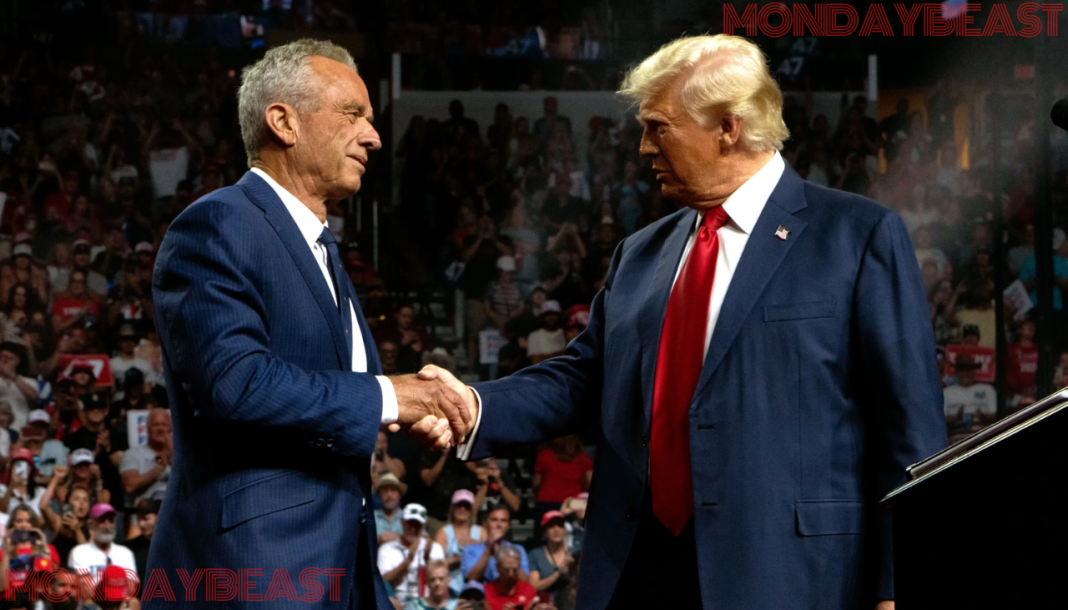Doug Collins has been chosen to serve as the Secretary of Veterans Affairs. This announcement from President-elect Donald Trump brings both excitement and concern. Will Collins be the advocate veterans truly need?
Collins, a former congressman, has a strong background. As an Air Force Reserve chaplain, he understands the struggles veterans face. He served in Iraq, and now he will oversee a vast agency helping millions of veterans.
The Department of Veterans Affairs is huge. It manages over 170 medical centers and more than 1,000 care sites. Each day, it addresses the needs of around 16 million veterans.
The stakes are high. Veterans need more than just promises—they need results. Trump’s pick of Collins shows loyalty to House Republicans.
During tough times, Collins stood firm beside Trump. His role as the top Republican on the House Judiciary Committee reflects this. Those memories from his defense efforts could shape his decisions at the VA.
However, Collins is not without controversy. His comments during his time in Congress led to backlash. Once, he accused Democrats of being “in love with terrorists.”
Such remarks can complicate relationships needed to achieve real change for veterans. Will this appointment resonate with veterans? Collins has the experience, yet he faces gigantic challenges.
The VA’s history of inefficiency looms large. Can he break that cycle? It’s still early days.
Collins attempted a Senate run in 2020. His campaign did not win, yet he gained vital experience. Support from major MAGA figures helped him rally troops.

Yet now, his leadership on a larger stage gives him unprecedented potential. Imagine walking into a veterans’ facility. Picture the veterans’ faces.
Some are hopeful, others skeptical. They need compassionate care and understanding. Will Collins deliver?
The issue of veterans’ healthcare is vital. Many struggle to receive timely treatment. Others feel lost in paperwork and bureaucracy.
These frustrations often lead to despair. It’s clear that the changes Collins implements will be highly scrutinized. As he steps into this new role, Collins has heavy expectations.
Congress, veterans, and many families will watch closely. Can he foster an environment of trust and transparency? Moreover, how can he address the mental health crisis among veterans?
Suicide rates remain troubling. It is essential to find solutions. Engaging with veterans and listening to their concerns can be a start.
In perspective, Doug Collins’ appointment as VA secretary can mean change. But change requires commitment and a willingness to listen. Veterans need not just an advocate, but a leader who will act.
As Trump’s administration moves forward, will this impact veterans positively? Collins has the opportunity to prove his worth. Let’s hope he takes the approach needed to uplift our veterans.




